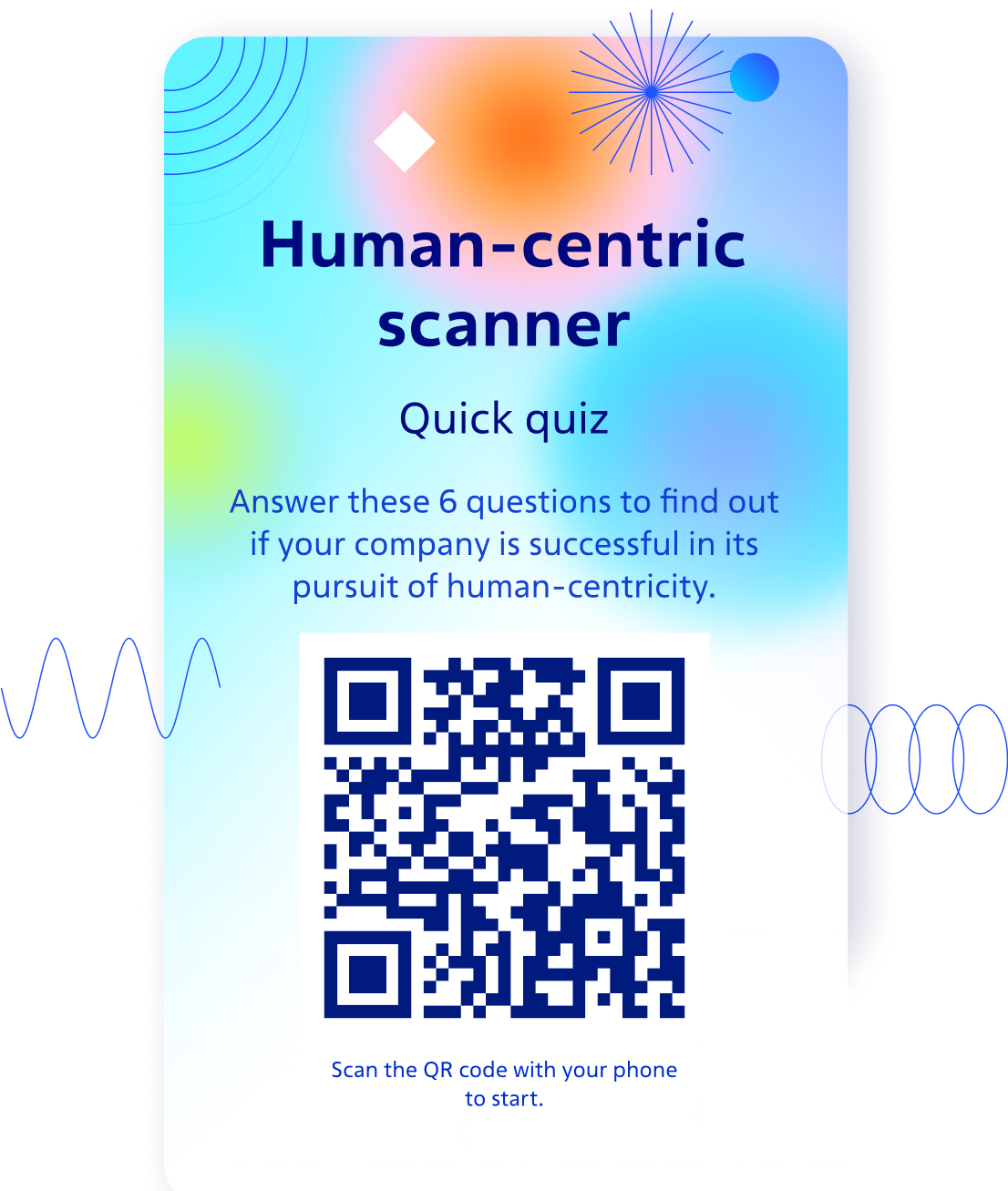

Our study has shown that only 35% of employees whose job can technically allow for remote work can enjoy flexible work arrangements: remote, part-time, etc. Yet, only 1 in 3 HR specialists strongly agrees that the company has an internal recruitment system. So fantastic that your company already has such practices in place!
According to our study, 35% of employees can enjoy flexible work arrangements, – and you are one of them. This approach allows for more flexibility in problem-solving, contributes to employee motivation and performance. Furthermore, consider the ways of improving your internal recruitment system. This will help your company mitigate burnout risks, improve employee retention, and optimize recruitment costs.
Our study shows that 1 in 3 HR specialists strongly agrees that the company has an internal recruitment system. Internal recruitment is an effective tool that promotes motivation, retention, and team knowledge renewal. It is great that the system is already established in your company. Note that 35% of the surveyed employees have the option of flexible work arrangements. How can you increase workplace flexibility in your company? Moreover, Gen Z entering the labour market deem work-life-study balance, options for remote work, and horizontal career moves.
Our study has shown that only 35% of the employees whose job can technically allow for remote work can enjoy flexible work arrangements: remote, part-time, etc. Every 1 in 3 HR specialists strongly agrees that the company has an internal recruitment system. The study has proven that such practices increase performance and improve retention. Consider the ways of implementing such workplace practices in your company.
Our study shows that 57% of companies do everything necessary to ensure recruitment and workplace diversity. Effective cross-functional teams help find new solutions and make collaborative decisions based on expert opinions. It is great that your company already has such practices in place!
Our study shows that 57% of companies do everything necessary to ensure recruitment and workplace diversity. And you are one of them! Consider the ways of encouraging self-management and creating conditions for cross-functional and horizontal teams.
Your company already encourages self-management and creates conditions for cross-functional teams. The company's development will be even more successful if you develop Diversity, Equity & Inclusion initiatives. According to our study, 57% of companies already provide recruitment and workplace conditions supportive for employees of any gender, age, or ethnicity. Workplace diversity improves performance and product business efficiency.
Over the history of corporate culture development, collective working arrangements have been constantly improving. Thus, the modern DE&I (Diversity, Equity & Inclusion) approach helps improve performance and product business efficiency. According to our study, 57% of companies already implement diversity initiatives with many companies looking into developing horizontal collaboration and creating conditions for cross-functional teams. Consider the ways of introducing such practices at your workplace.
Our study shows that 51% of companies are developing joint initiatives with schools, vocational, and higher-education organizations, out of which 27% collaborate with the government, and only 10% maintain ties with former employees by engaging them in cultural, educational, and sports events. Your company is one of them, and it is great!
Your company is quite successful in the field of external corporate social responsibility. According to our study, 51% of companies are developing joint initiatives with schools, vocational, and higher-education organizations, out of which 27% collaborate with the government. Consider how your company can strengthen ties with former employees by engaging them in cultural, educational, and sports events. After all, your former employees can become your future clients, collaborators, help your recruitment process or come back with new experience and skills.
According to our study, only 10% of companies maintain ties with former employees by engaging them in cultural, educational, and sports events. It is great that you acknowledge that your former employees can become your future clients, collaborators, help your recruitment process, or come back with new experience and skills. Solidify these achievements and consider the ways to start developing your external corporate social responsibility! It can be done through collaborations with higher-education and non-governmental organizations, and the government.
According to our study, 46% of companies set goals in the field of external corporate social responsibility within their development strategy. The best practice is establishing social partnerships with higher-education and non-governmental organizations, and the government. It is also important to maintain ties with former employees by engaging them in cultural, educational, and sports events. Consider the ways of implementing such practices in your workplace.